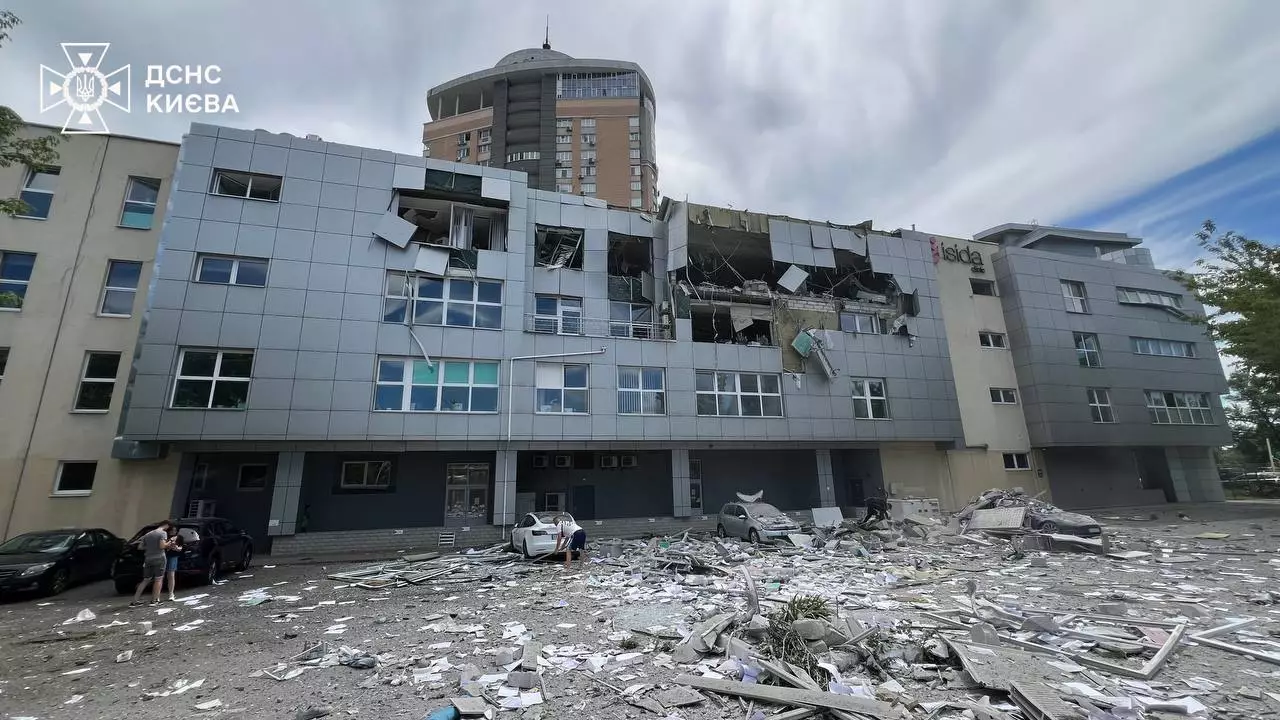The European Parliament adopted a resolution on the impact of COVIID 19 measures on democracy, the rule of law and fundamental rights. MEPs say that “whereas the COVID-19 pandemic has created distress across the entire EU and has deeply affected the population…, measures taken by governments should be necessary, proportional and temporary…” and “in the future we need to rethink our crisis management methods at both Member State and EU levels”. Parliament warns against “risk of abuse of power” and calls on the Commission to step up its efforts by taking legal action where necessary.
European deputies underline that restrictive measures in order to counter the coronavirus pandemic have “an impact on democracy, the rule of law and fundamental rights as they affect the exercise of individual rights and freedoms, such as freedom of movement, freedom of assembly and of association, freedom of expression and information, freedom of religion, the right to family life, the right of asylum, the principle of equality and non-discrimination, the right to privacy and data protection, the right to education and the right to work”. They call the current crisis as a stress test for democracies pointing out that there as “a clear lack of coordination among Member States and with the Union institutions”.
In the resolution, Parliament points out that national governments should “not abuse emergency powers to pass legislation unrelated to the COVID-19 health emergency”.
MEPs say that the pandemic “has been accompanied by a wave of false and misleading information, hoaxes, consumer fraud, cybercrime and conspiracy theories, as well as targeted disinformation campaigns by foreign actors, or even Member State public authorities”. They also mention extraordinary surveillance of citizens “through the use of drones, police surveillance cars with cameras, tracking by means of location data from telecommunications providers, police and military patrols, monitoring of mandatory quarantines via house calls by the police or mandatory reporting via an app”. The resolution also says about “contact tracing apps, even though there is no consensus about their effectiveness and the most privacy-friendly” and the collection of data through “mandatory temperature checks and questionnaires and the obligation to share contact details” at public spaces”.
European parliamentarians are worried about many other problems during the pandemic: access to asylum procedures; high risk of COVID-19 outbreaks at prisons; hate speech and attacks at Romani and Asian people; social and economic exclusion of children; an increase in domestic violence; access to healthcare for people in vulnerable situations; etc.
MEPs recall that “even in a state of public emergency, the fundamental principles of the rule of law, democracy and respect for fundamental rights must prevail”. According to them, “extraordinary measures should be matched by more intense communication between governments and parliaments”. They call for a “more intense dialogue” with citizens, civil society and political opposition.
European deputies call on EU countries to
- end their “state of emergency”, or at least clearly define the delegation of powers to their executives, and ensure appropriate parliamentary and judicial checks and balances;
- refrain from unduly restricting the freedom of assembly or banning demonstrations to adopt controversial measures;
- refrain from adopting measures that profoundly impact on fundamental rights, e.g. sexual and reproductive health and rights (such as the de facto ban on abortion in some member states), while public health concerns do not allow for due democratic debate and safe protest;
- uphold the right to free and fair elections, especially in relation to changes to electoral legislation;
- ensure equal rights for those standing for election and campaigning, and consider alternative forms of voting;
- exercise utmost restraint in restricting the freedom of movement, especially in relation to the right to family life;
- guarantee the right to education by ensuring students have access to learning;
- guarantee access to asylum procedures despite the pandemic, and immediately evacuate the camps on the Greek islands and relocate asylum seekers to other EU countries; and find solutions to safeguard the rights of defendants through technology or judicial cooperation, and protect the rights of prisoners.






 UA
UA FR
FR DE
DE




